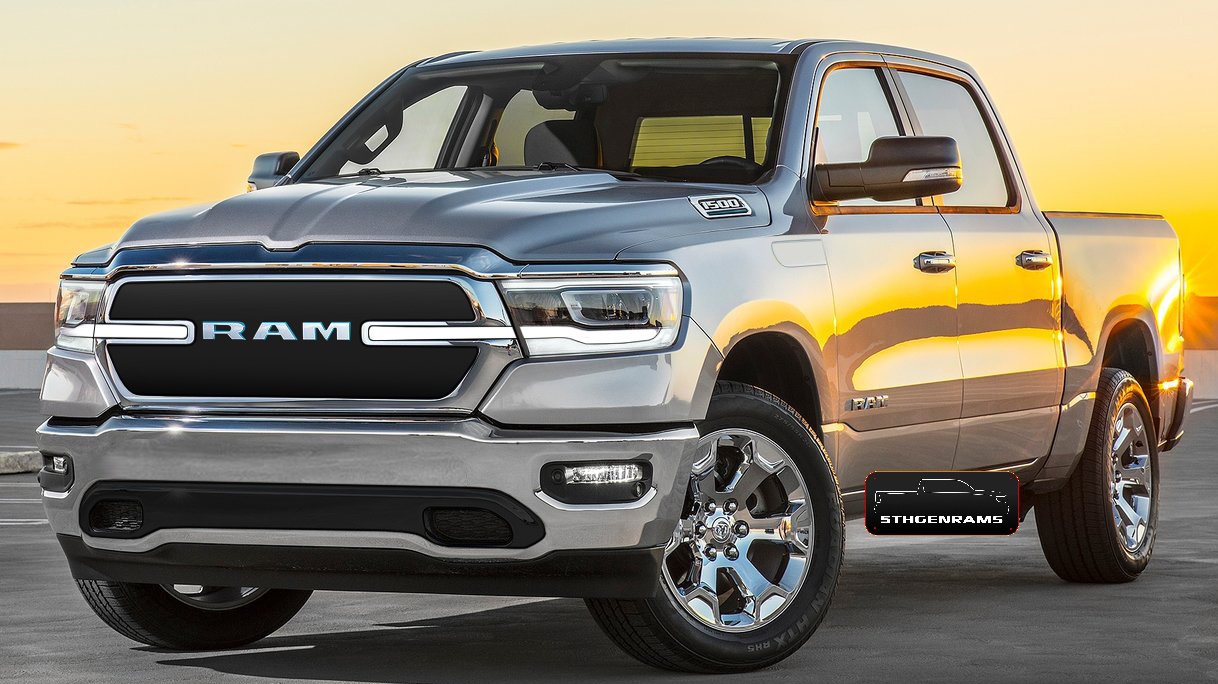Ram Could Build An Electrified Ram, If Customers Request It:
Manley States An Electrified Ram Isn't Out Of The Question...


 5thgenrams.com
5thgenrams.com
Manley States An Electrified Ram Isn't Out Of The Question...


Ram Could Build An Electrified Ram, If Customers Request It:
Several automakers over the past two years have announced their intentions to produce an arsenal of electric pickup trucks. The new generation of electric pickups has ranged from the subtle Rivian R1T midsize pickup, to the Lordstown Endurance full-size offering, the bold GMC Hummer EV SUT, to...
 5thgenrams.com
5thgenrams.com











